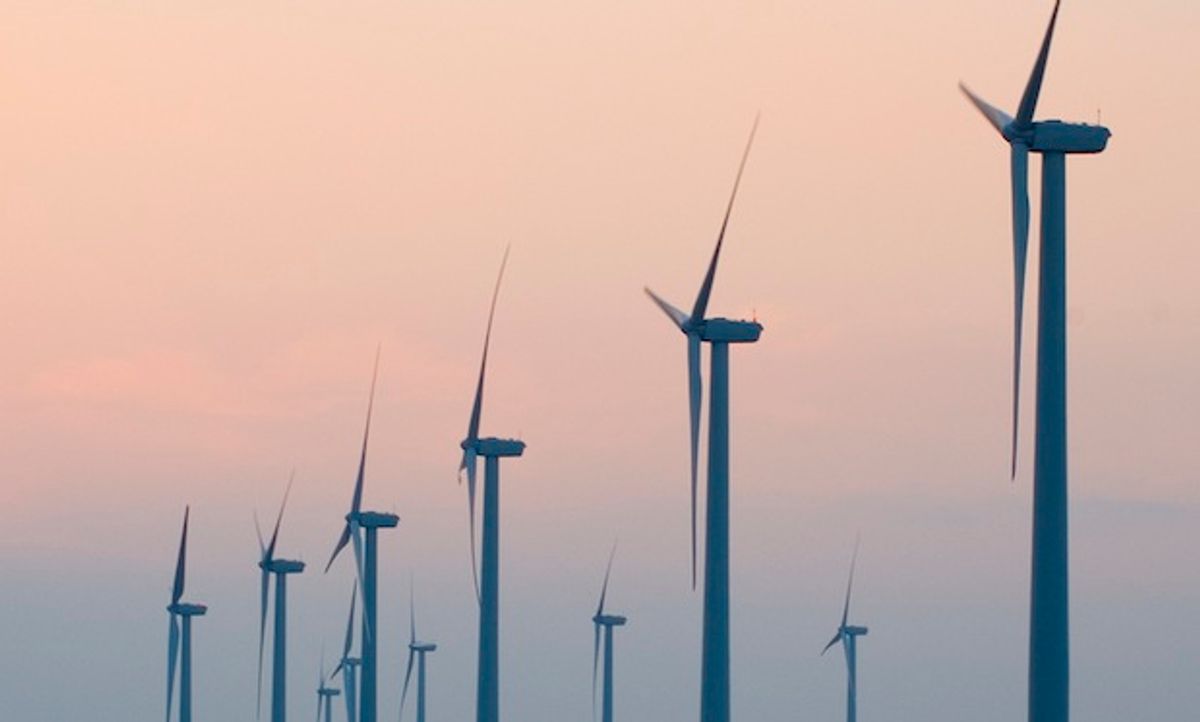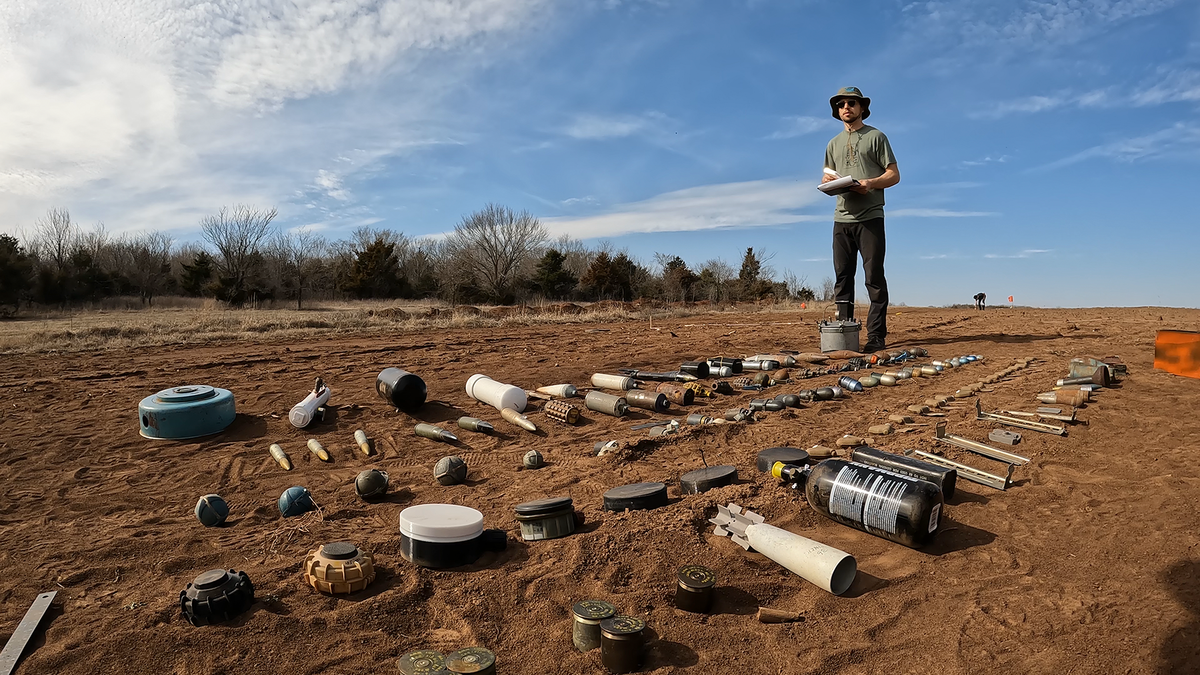This year, the United States installed wind capacity passed the 50 GW milestone, while solar power continued a meteoric rise as well, now upwards of 6 GW installed. After a couple of years of massive resource assessments and grandiose thinking on renewables, though, 2012 seems to have been a year when we confronted the difficult realities involved with huge renewables scale-up.
With nuclear power phaseouts in Europe and Japan still looming, adding large amounts of renewables in a hurry has become an urgent priority. Some of these countries are starting to see how hard that is, with assessments of Germany's phaseout costs rising into the trillions. Still, that country continues to offer a solid example to the rest of the world: On part of one day in May, Germany met half of its total energy demand from solar power alone. It also has a massive transmission project on the board aimed at bringing 25 GW of offshore wind to the grid.
In the U.S., the offshore wind industry stalled yet again; last year we wrote here about the coming celebration for the first offshore turbine, but I have yet to put on my party hat. This time, though, I am more confident: in 2013 the first offshore turbine in U.S. waters will start spinning. (Probably.) The Department of the Interior has been pushing ahead on various offshore plans, including the release of environmental assessments for huge areas of the East Coast. The DOI also has helped the Google-backed Atlantic Wind Connection, an offshore wind "backbone" of transmission lines, move closer to reality, useful for when those turbines do end up in the water.
In Europe, offshore wind continues to impress. In February, the United Kingdom switched on the world's largest offshore wind farm (at least for a little while, until the much more massive London Array beat it), at 367 MW. More than 5 GW of offshore power are in some phase of construction around Europe, and turbine manufacturers have begun rollouts of the biggest turbines the world has ever seen.
Interestingly, 2012 saw a series of reports that moved from assessments of renewable potential (general summary: it's massive) into how likely we are to realize that potential, and what it would cost. One study recently suggested that 99.9 percent renewable penetration is feasible in terms of both reliability and cost-effectiveness. And a landmark report from the Department of Energy found that a more approachable target of 80 percent renewables by 2050 can be achieved even with today's existing technology.
"Forgotten" renewables also had some big moments in 2012: The first tidal turbines began producing power in Maine, and an International Energy Agency report suggested hydropower (still by far the biggest renewable producer in the U.S.) will double by 2050.
Perhaps most importantly, 2012 may have signaled a shift in the discussion of exactly why we need such huge renewable energy scale-up. Big financial institutions like the World Bank have begun loudly trumpeting calls to action on climate change, especially given that the fossil fuel industry still seems poised to continue big buildouts of coal power. A Mitt Romney energy "plan" involving, basically, all the fossil fuels you can dig up went down with the candidate in November, and a nationwide fossil fuel divestment campaign is gaining steam, suggesting the country is ready to act.
The next few days will play a large, potentially destructive, role in how renewables fair in the U.S. moving forward, given the wind power production tax credit's imminent demise in the protracted "fiscal cliff" negotiations in Washington. In 2013, renewable energy will continue its rapid expansion, but just how rapid, and just how close we can get to the realistic assessments we have seen this past year, remains up in the air.
Image via Brent Danley
Dave Levitan is the science writer for FactCheck.org, where he investigates the false and misleading claims about science that U.S. politicians occasionally make.



